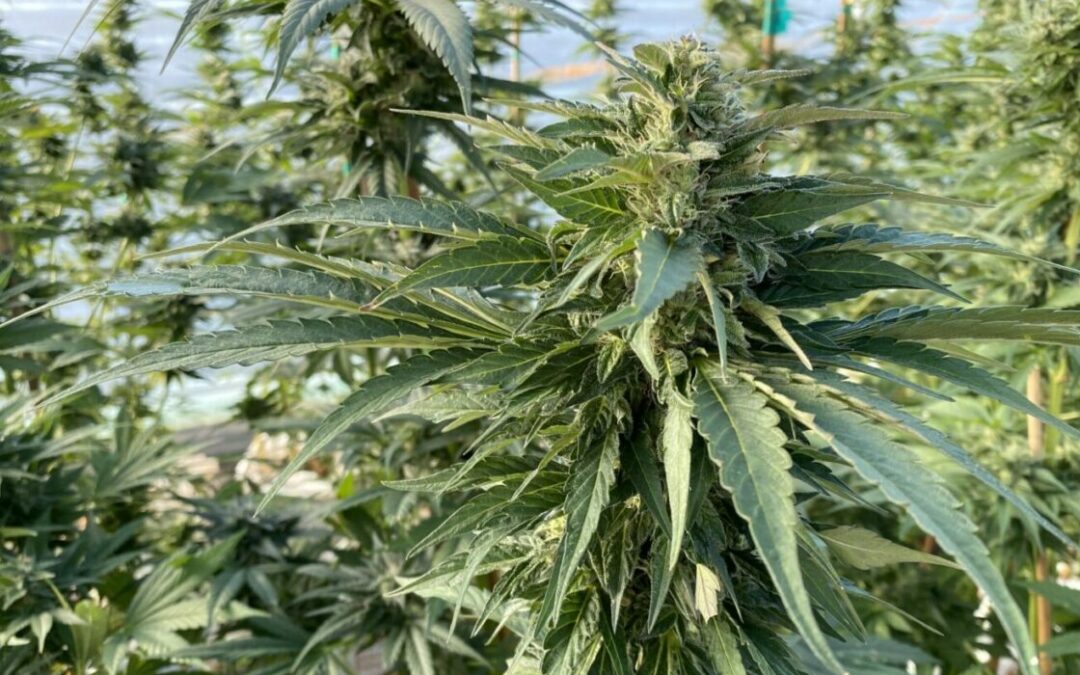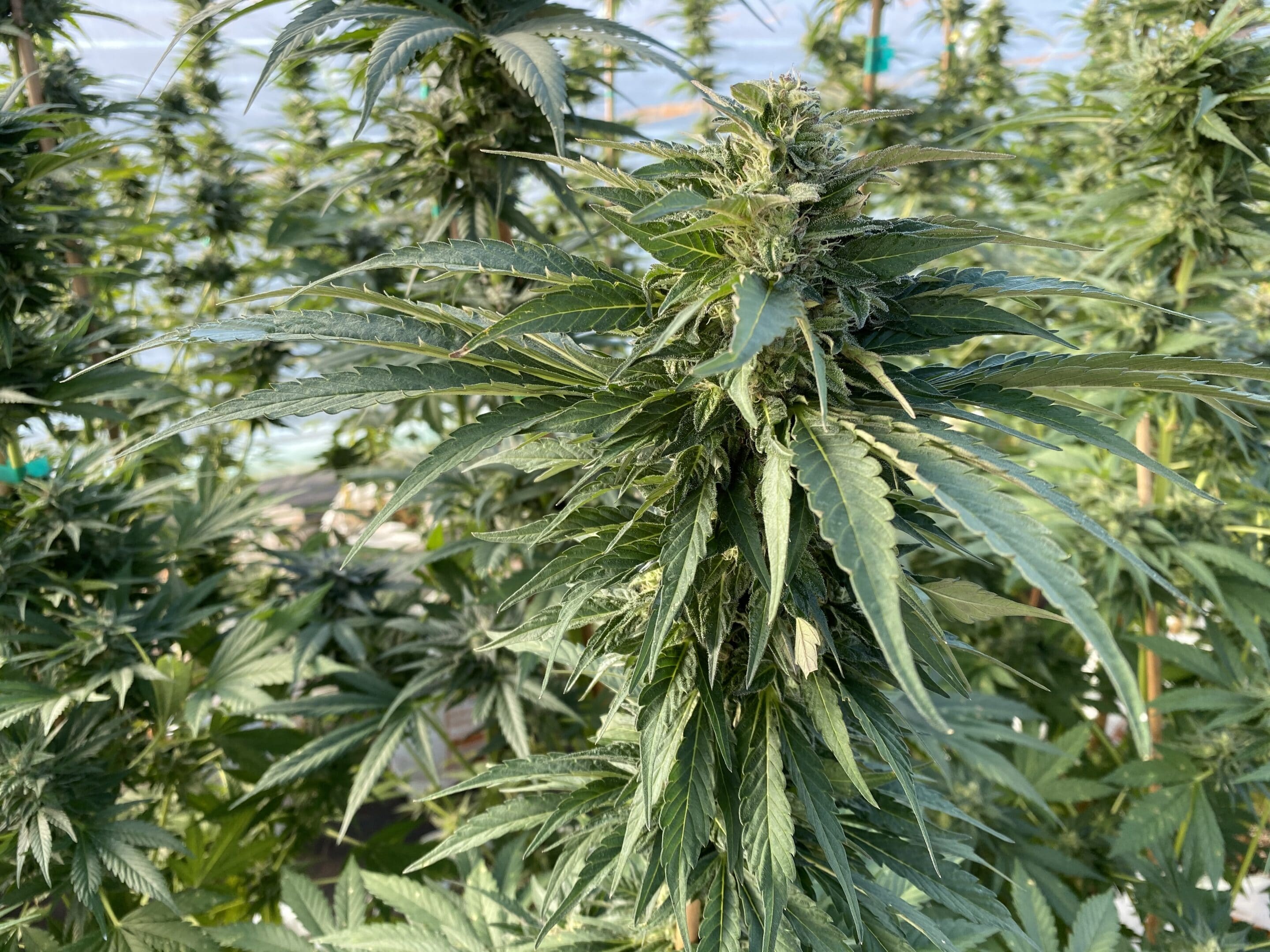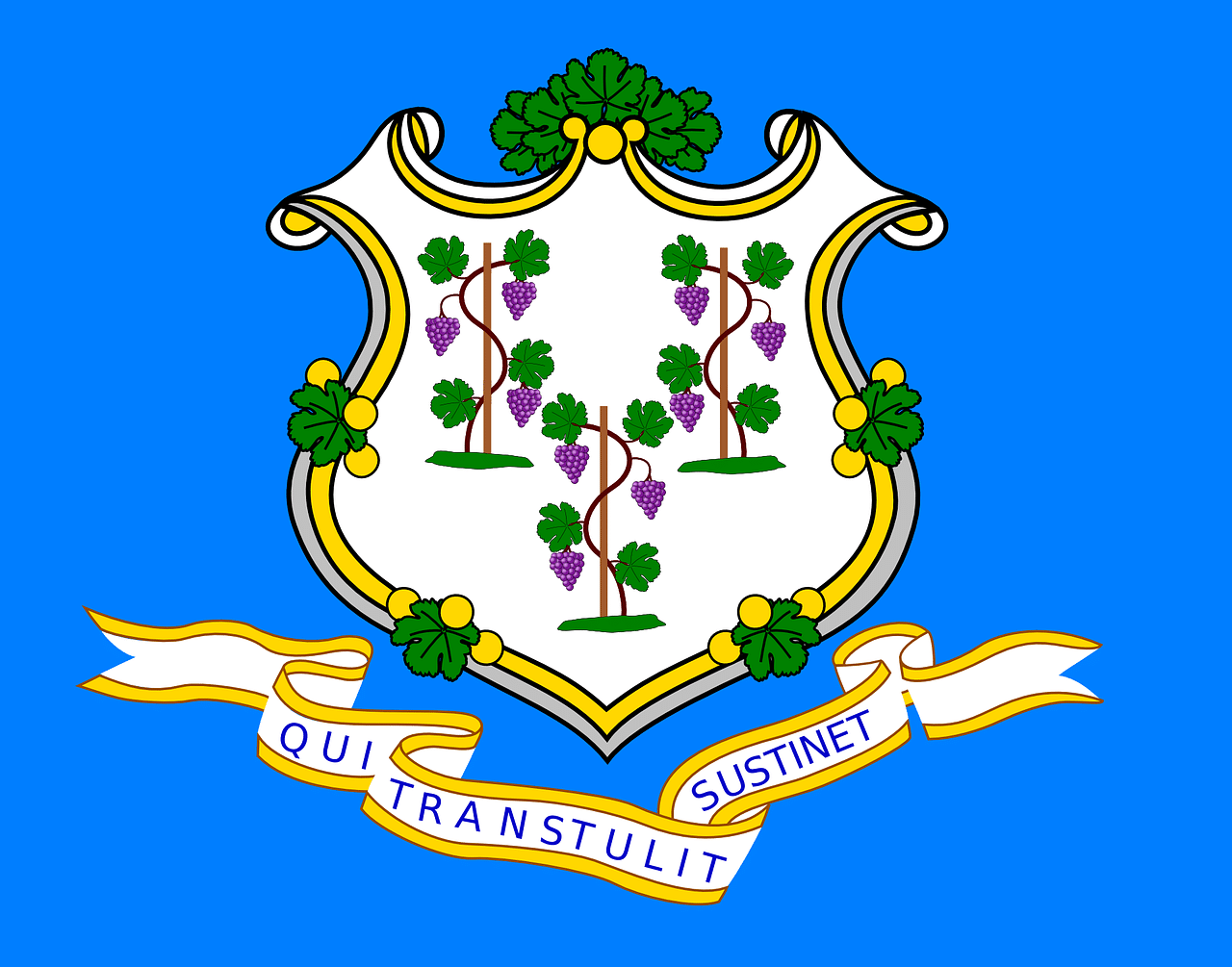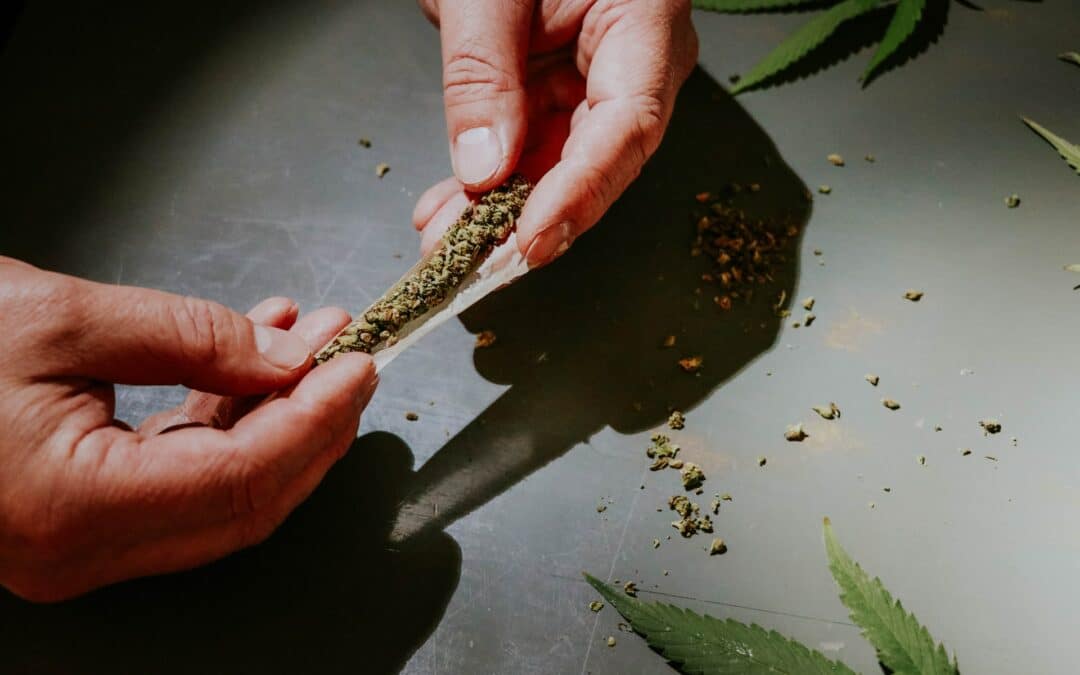
Everything to Know about Connecticut Cannabis Legalization
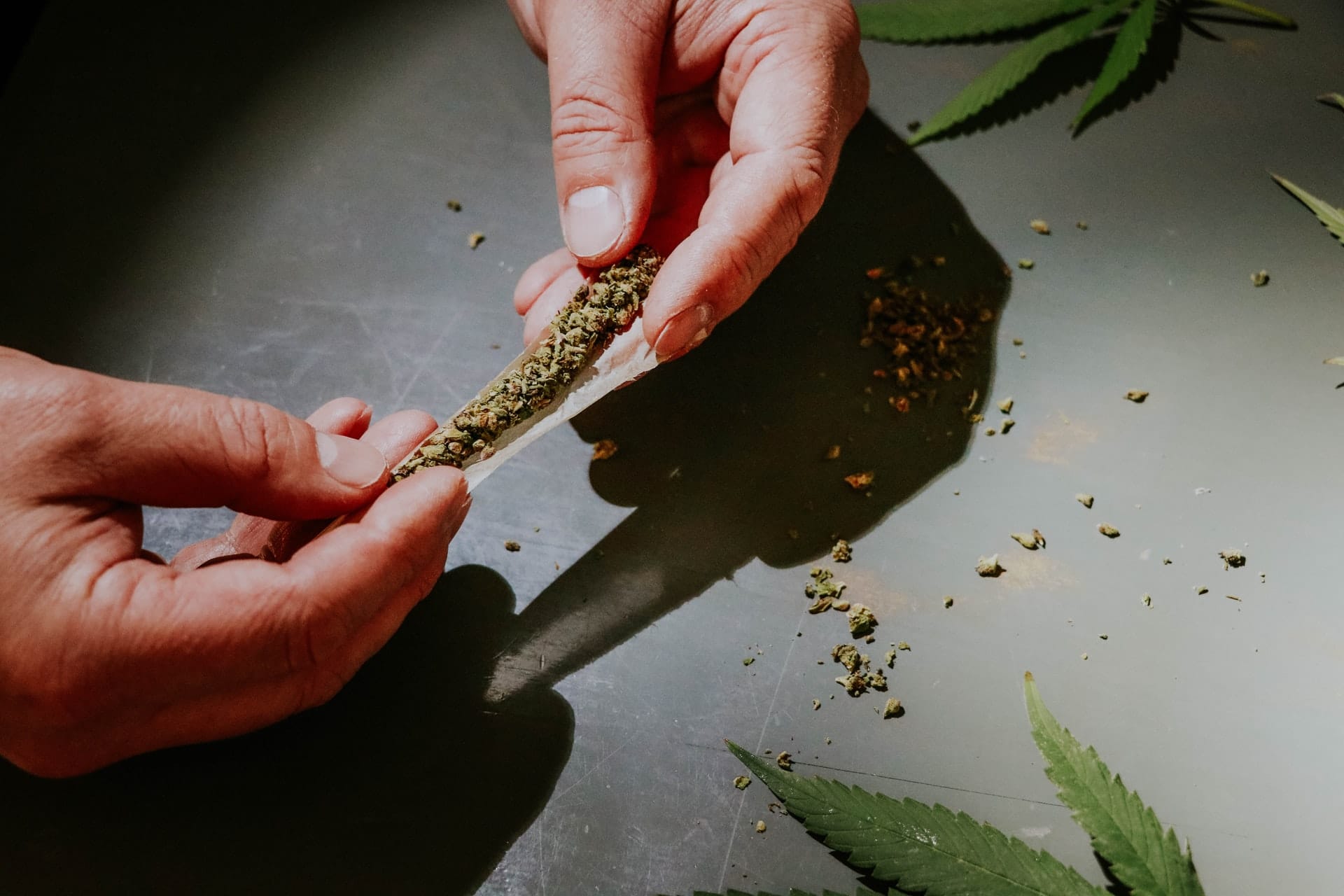
Connecticut cannabis legalization has been signed into law by Governor Ned Lamont, setting the date for the law to take effect on July 1, 2021.
Connecticut joins 19 other states plus the District of Columbia in legalizing adult use recreational cannabis after the state legislature passed multiple revised versions of the Connecticut cannabis legalization bill, finally sitting at over 300 pages.
While Connecticut will follow in the steps of other states in regards to some popular aspects of cannabis legalization, such as expungement of criminal records for cannabis and setting up enforcement for intoxicated driving, they are also adding some of their own changes.
Cannabis may be officially legal in Connecticut starting July 1st, but that doesn’t mean dispensaries will be open by then, or that consumers will even be able to purchase cannabis legally. Here’s everything to know about what actually changes when Connecticut cannabis legalization takes effect on July 1st.
When Connecticut cannabis legalization takes effect
Cannabis legalization takes effect in Connecticut on July 1st, 2021. This means that all rules and regulations proposed in the legislation signed by the governor will be official on that date.
Cannabis possession limits
The new law will allow and individual to possess up to 1.5 ounces on their person, and up to 5 ounces in a locked container, glove box or trunk of a car.
Home growing
Home growing is permitted in the Connecticut cannabis legalization bill, however it will not be allowed immediately. The bill says anyone 21 and older can grow up to six plants in their home (three mature and three immature plants) as of July 1, 2023. Households can grow no more than 12 cannabis plants at any given time.
In other words, while cannabis use and possession will be legal in 2021, home growing will not be allowed until 2023.
Cannabis consumption
Smoking cannabis would generally not be allowed in places where cigarette smoke is already prohibited, including restaurants, health care facilities, state or municipal buildings and most workplaces.
The use of cannabis is banned in state parks, with $250 fines for offenders. Hotels are also required to prohibit guests from smoking cannabis, but they cannot ban possession and use of other forms of the drug in nonpublic areas. Cannabis use is illegal in motor vehicles by both drivers and passengers as well.
When dispensaries will open
The Connecticut cannabis legalization bill does not include a specific date in which dispensaries will be permitted to open. Legislators have said that May 2022 is the current deadline for allowing dispensaries to being operations. However due to the legislation being delayed and approved late in the legislative session, this deadline could end up being pushed further.
Connecticut cannabis business licensing
Business licensing for dispensaries or grow operations will be given out in a lottery system. Fees to enter the lottery for a license range from $250 for a food and beverage manufacturer or delivery license to $1,000 for a cultivator license.
If an applicant is selected, additional licensing fees must be paid. Half of the licenses would be reserved for “social equity applicants” that come from economically disadvantaged areas that have been most harmed by the war on drugs. Those applicants would pay reduced licensing fees.
Businesses involved in the state’s existing medical marijuana program could pay to enter the recreational market, with fees ranging between $1 million and $3 million.
Cannabis taxes
Connecticut expects to pull in over $26 million in tax revenue in its first full year of operation, which will start July 1, 2022 and end June 30, 2023. Currently cannabis sales will be subject to the state sales tax of 6.35%, with additional state and municipal cannabis taxes that have yet to be finalized.
The state anticipates over $76 million in revenue by the end of 2026.
Resolving prior cannabis convictions
Who is eligible to have a prior conviction expunged depends on the specific charge and when the individual was charged. People charged with possession of 4 ounces or less of cannabis before Jan. 1, 2000, or from Oct. 1, 2015 through June 30, 2021, can petition a court beginning July 1, 2022, to have their criminal record erased.
Those charged with that same offense from Jan. 1, 2000, through Sept. 30, 2015, will have their records automatically erased on Jan. 1, 2023. More serious marijuana charges would not be eligible for erasure.
Conclusion
Connecticut cannabis legalization follows in the footsteps of other legal states when it comes to some of their regulations, while making their own rules in regards to other aspects of the industry. The final bill approved by the governor went through numerous revisions, which is can be seen as a sign that the legislators does not have a hardened, solid plan for implementing a legal industry.
Setting a deadline for 2023 will allow the state to thoroughly plan and establish an adult use cannabis industry, giving more time to focus on the application and licensing process, one of the most common roadblocks that cause issues in a new cannabis industry. Issues will likely arise when individuals can possess cannabis, but cannot grow it themselves or buy it from a licensed dispensary for two years. With no access to legal cannabis many will resort to the black market to obtain their cannabis, which is completely unregulated, and potentially harmful to consumers.
The District of Columbia resolved this same issue by creating a gift/donation grey market for cannabis. Due to a rider in the District’s legalization bill, no government funds can be used to establish a recreational cannabis industry, leaving consumers to “gift” cannabis to each other in exchange for a “donation”, skirting around the legal language of the bill.
It is likely that we see a similar trend develop over the next year in Connecticut as consumers seek out reliable cannabis without access to legal dispensaries.

